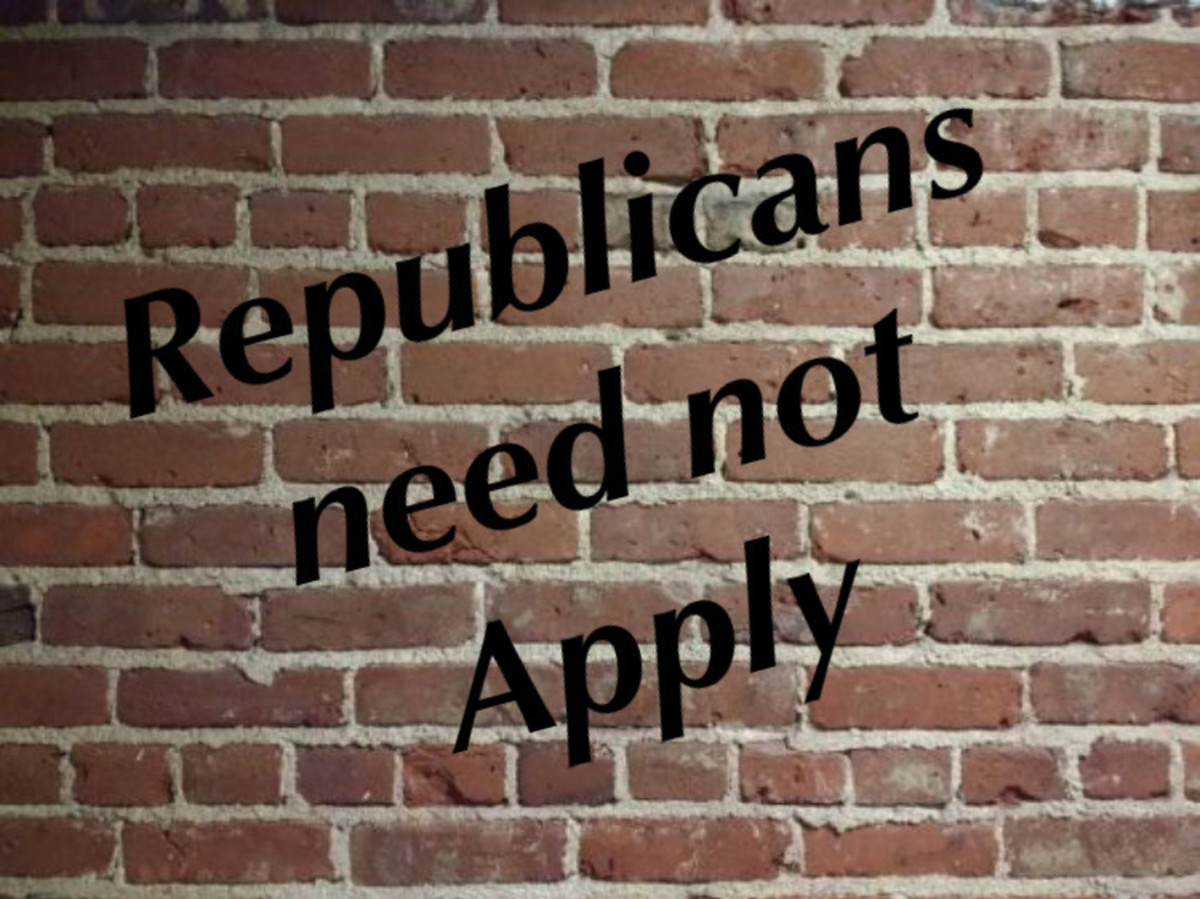Social Identity and Social Media
Social Identity and Social Media
Introduction
No individual is protected from the influence of the individuals and groups they experience. Individuals tend to utilized others around them as a fundamental reference point in nurturing their respective attitudes and behavior. Thus, all thoughts and fundamental opinions expressed are referenced to other individuals. Moreover, recognizing the way groups sway people can assist a person to develop a formidable social identity regarding finding an appropriate audience. Regardless of an individual's profession, all people benefit from a relatively deeper knowledge of how to integrate social influence in their respective work (Schwartz & Halegoua, 2015). The implication of classifying with a specific group shapes an individual's perception and behavior and is deemed to be more likely to affect members of supplementary groups belonging to the same group, thus resulting in ascribing negative features to those out-groups.
Status updates, photos as well as likes within the Facebook timeline depicts that social identity is typically based on the self-categorization. It is majorly assigned to people based on beliefs, behavior, and other characteristics (Sanderson, Frederick & Stocz, 2016). For instance, the majority of my status updates are based on football analysis of various teams across the universe, which is accompanied by lucrative photos for a proper explanation. Moreover, my Facebook likes are mostly on the contents that resonate with football analysis (Schwartz & Halegoua, 2015). Thus, most individuals have customized profile in a bid to identify with certain social groups they are typically aligned with, and permit them to easily connect with over certain things, thereby enhancing their respective in-group ties.
Conversely, friends’ social identity is somewhat similar even though they might possess negative attributes. Some friends’ status updates are undesirable but are am persuasiveness in terms of design. Facebook has facilitated out-group interactions with friends by identifying unique individuals who aid in reinforcing identity (Shin & Hutzel, 2016).
Facebook's posts by others display diverse social identities in the United States is complex and adjustable within the social contexts. Social identities in the United States are entrenched within the social interactions with diverse levels and salience (Sanderson, Frederick & Stocz, 2016). Most of the Americans are deemed to be followers as almost half of the entire population are presently members of Facebook, and thus most of them are bloggers writing on diverse issues affecting the country. The majority of adults offer advice concerning purchases on social networking sites (Schwartz & Halegoua, 2015). Americans require to be distracted from reality as more than 63 million active users spending spend an averagely of 15 minutes each day pretending to operate a farm. Over 149 million Americans actively utilizing Facebook with 70 percent of those active within the US log on the social network daily depicting that they love routine.
Americans are also depicted to be obsessed with the underlying celebrities, and most of their status updates were based on celebrities. They also love television and utilize social media in sharing their respective love for the show, and utilize it as a platform to assist in saving their underlying favorite shows. Moreover, Americans also utilize Facebook to attempt to introduce new shows to their respective friends.
Different statuses typically interconnect to supplementary issues such as race, class, gender, and deviance in presenting online identities diverse from the corresponding offline expressions in a bid to develop novel social chances for the Cybernet individuals. Identity construction regarding the Internet is massively swayed by characteristics of the online setting and users' social positions encompassing race as well as ethnicity (Sanderson, Frederick & Stocz, 2016). Moreover, competing identities such as racial, gender and deviance aid in setting specific locations and majorly mobilized depending on the prevailing circumstances. Thus, it is probable that different expressions of social identities might interact with divergent online environments.
Nevertheless, the attention associated with the effect of the corresponding online environment regarding the articulation of the race is based on unknown environments. Moreover, numerous issues about social differences like race, ethnicity, gender, and corresponding Internet are massively focused on the effects of the Internet on the existing offline social dynamics (Shin & Hutzel, 2016). The growing online experienced across social differences chiefly improve corresponding consequences for the offline social inequalities. Online racial identities are considered to be sufficiently fluid and flexible in terms of expressions of the offline identities, and are principally accomplished, questioned and correspondingly re-established within the Usenet newsgroups (Sanderson, Frederick & Stocz, 2016). Racial identities are deemed to be highly salient regarding the online encounters, which is more prevalent as well as potent on the Internet at the expense of the offline. Besides the existing limitations of the expression of the racial difference, online environments, particularly those restricted to the documented exchanges are purely established in a racial realm online that is identical to the corresponding offline world.
Conclusion
The implication of classifying with a specific group massively shapes an individual's perception and behavior and is deemed to be more likely to affect members of supplementary groups belonging to the same group, thus, ascribing negative features to those out-groups. Facebook's posts by others display diverse social identities in the United States and it is considered to be complex and adjustable within the social contexts. Social identities in the United States are entrenched within the social interactions with diverse levels and salience, Moreover, Identity construction about the Internet is massively swayed by characteristics of the online setting and users' social positions on the race as well as ethnicity.
References
Sanderson, J., Frederick, E., & Stocz, M. (2016). When athlete activism clashes with group values: Social identity threat management via social media. Mass Communication and Society, 19(3), 301-322.
Schwartz, R., & Halegoua, G. R. (2015). The spatial self: Location-based identity performance on social media. New media & society, 17(10), 1643-1660.
Shin, R., & Hutzel, K. (2016). Media in a Post-Racial Society. Journal of Cultural Research in Art Education, 33.
This content reflects the personal opinions of the author. It is accurate and true to the best of the author’s knowledge and should not be substituted for impartial fact or advice in legal, political, or personal matters.
© 2020 Michael Omolo








